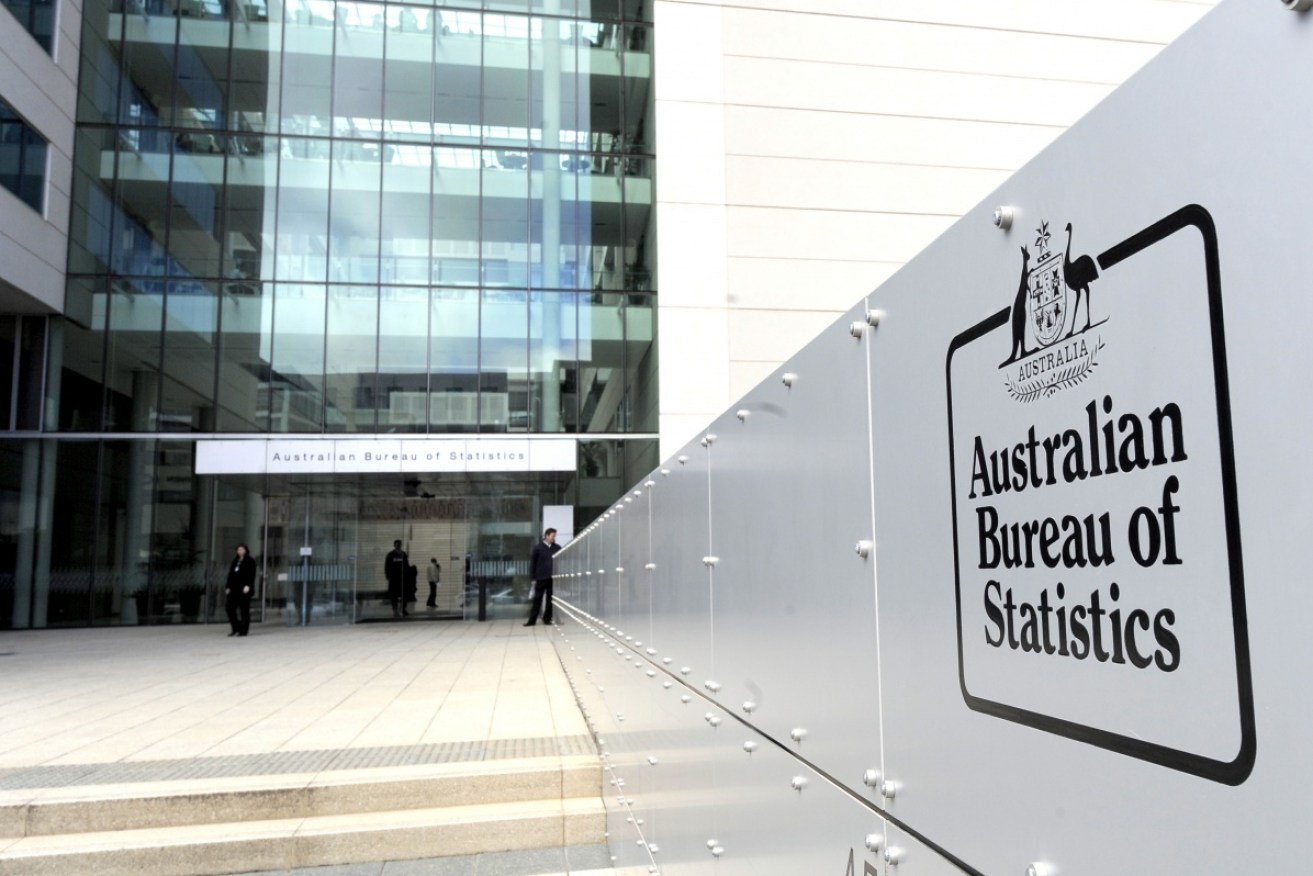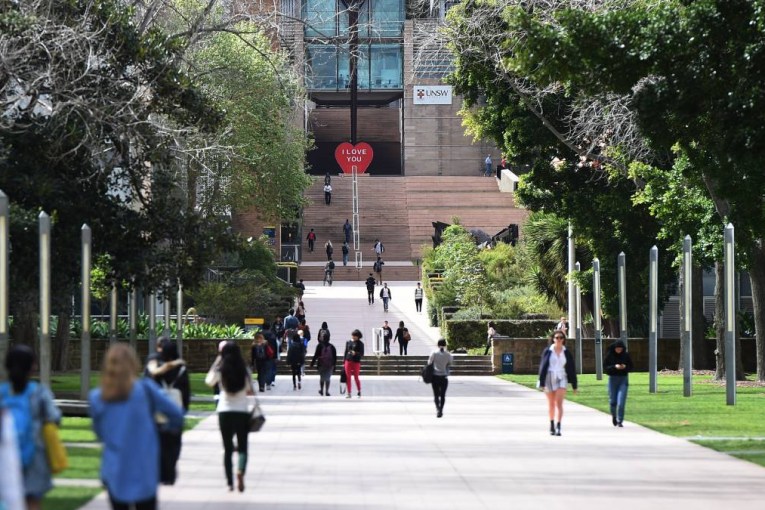Census poses a dilemma for many Australians


The census was a disaster for the ABS, but is back online now. Photo: AAP
Australians are facing something of a dilemma ahead of next Tuesday’s Census survey.
The Census, conducted every five years, is Australia’s largest collection of statistical data and forms the basis of much of the Australian Bureau of Statistics’ (ABS) work.
It counts every household, every individual within that household, and the details about those individuals all on one pre-determined night – providing the perfect snapshot of our country’s population.
This year there is a growing rumble of discontent from privacy advocates that threatens to turn into a full-fledged boycott after it was revealed the ABS will keep names, addresses and other private information for four years, rather than the previous period of 18 months.
And worse still, you can be fined up to $180 per day for failing to complete and return the survey.
This year the Census will include 24 million people in 10 million households.
So how does the Census work?

The ABS is hoping more than 65 per cent of forms be completed online. Photo: ABS
On Census night you will be asked a range of questions on different topics including your marriage status, family size, occupation, the languages you speak and the country you were born.
The form was traditionally delivered to each household, but this year eight million households will receive a 12-digit code which will allow them to fill it out online.
If you still want to fill out a paper form you can request one from the ABS, but the agency is hoping that more than 65 per cent of households will complete the Census online.
While Aboriginal and Torres Strait Islander people were counted in our first official Census in 1911, it was only so they could be excluded from the total population figures. Aboriginal and Torres Strait Islander people were first able to include their identity in the Census in 1966*.
The Census information provides an estimate of Australia’s population and helps the government distribute funds and plan services. The data also helps set electoral boundaries.
What if you don’t want to take part?
Sorry, if you don’t fill in and return your Census you’ll face a fine.
The Census and Statistics Act 1905 allows penalties of up to $180 a day for failure to complete and return a form.
One way or another you have to be on the Census.

Census officers will be handing out and collecting forms in remote and regional areas. Photo: ABS
If you’re staying with family or friends on Census night, you need to be included on their form.
If you’re staying away at a hotel, hostel or caravan park, your accommodation provider will give you a form when you arrive.
Even if you’re camping, the ABS has Special Field Officers at locations in remote areas including truck stops and caravan parks to hand out Census forms.
The only people are people not in Australia at the time of the Census and foreign diplomats and their families*.
Why the boycott?
This Census the ABS will be keeping your name and address on file, saying doing so will mean “a richer and dynamic statistical picture of Australia“.
And while previously Australians had the ability to “opt in” to have their names kept, this time it’s compulsory.

There are privacy concerns over how long personal data will be kept and what it will be used for. Photo: AAP
ABS said keeping names and addresses would enable it to better combine census data with other survey and administrative data, like matching it with education or health data to help improve support services.
Privacy advocates are most concerned about how the names and addresses will be safeguarded, and how the ABS will ensure they cannot be matched to sensitive personal information.
The ABS said it will remove names and addresses from other personal and household information after data collection and processing.
It will also store names and addresses separately and securely, and no one working with the data will be able to view identifying information at the same time as other census information.
“The ABS never has and never will release someone’s personal information so we have an unblemished record over 110 years with the Census information.”
ABS agency head David Kalisch
The Planning Institute of Australia (PIA), whose members are a major consumer of the ABS data, has voiced its concerns over privacy and the prospect of a boycott.
In a statement released in April, the PIA also raised concerns over the possibility that a large number of people improperly complete the Census, leading to inaccurate data results.
“The future planning of our cities, including the provision and funding of infrastructure and services, is dependent upon high quality Census data so accuracy is of paramount importance,” said PIA president and former Liberal Party leader Brendan Nelson.
“Considering the importance of good data to evidence-based decision-making on future planning, it is crucial not to compromise the integrity of the data or risk it not being completed. PIA calls on the Government to review this decision [to retain personal data].”
What about the Jedis?

The Atheist Foundation of Australia has had enough of the Jedi joke.
One of the few fun aspects of the Census in recent years has been the trend of listing your religion as a Jedi.
What started as a 2001 email campaign to get Jedi included as a religion in Australia eventually led to 64,390 people marking down the Star Wars-inspired faith in 2011.
At the last Census there were more Jedis in Australia than Seventh Day Adventists.
Now the Atheist Foundation of Australia (AFA) is worried that the joke response is making Australia appear more religious than it is.
“People shouldn’t waste their answer,” AFA president Kylie Sturgess told the Brisbane Times.
- CORRECTION: This story wrongly claimed Aboriginal people were first included in the Census in 1966. In fact, Aboriginal were first able to acknowledge their identify in 1971. The article also stated that people on Norfolk Island were exempt from the Census. This was incorrect.







